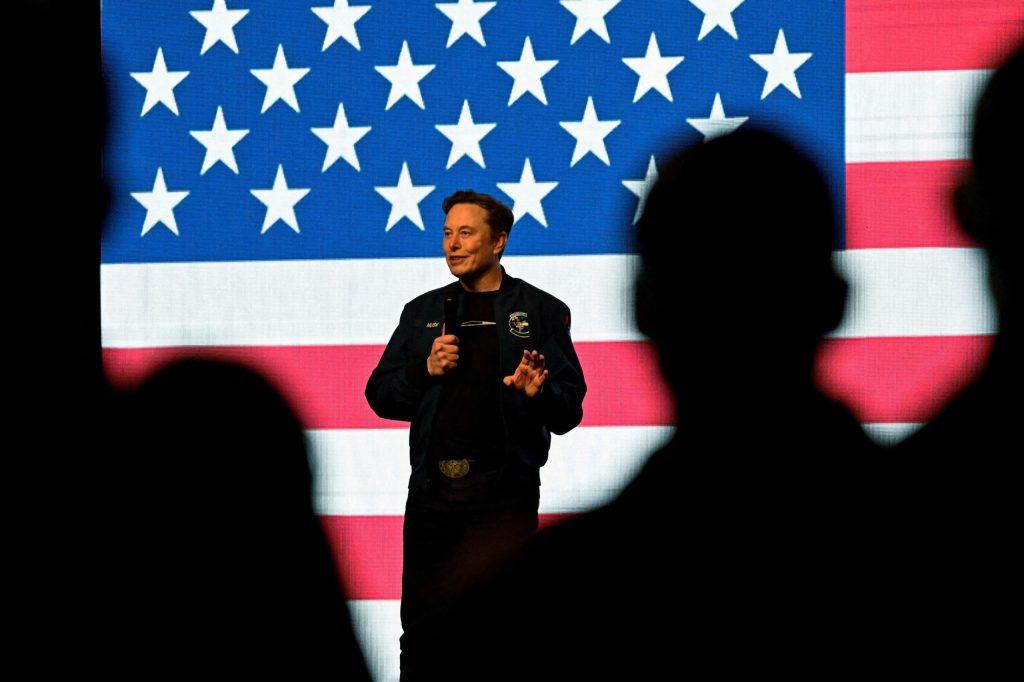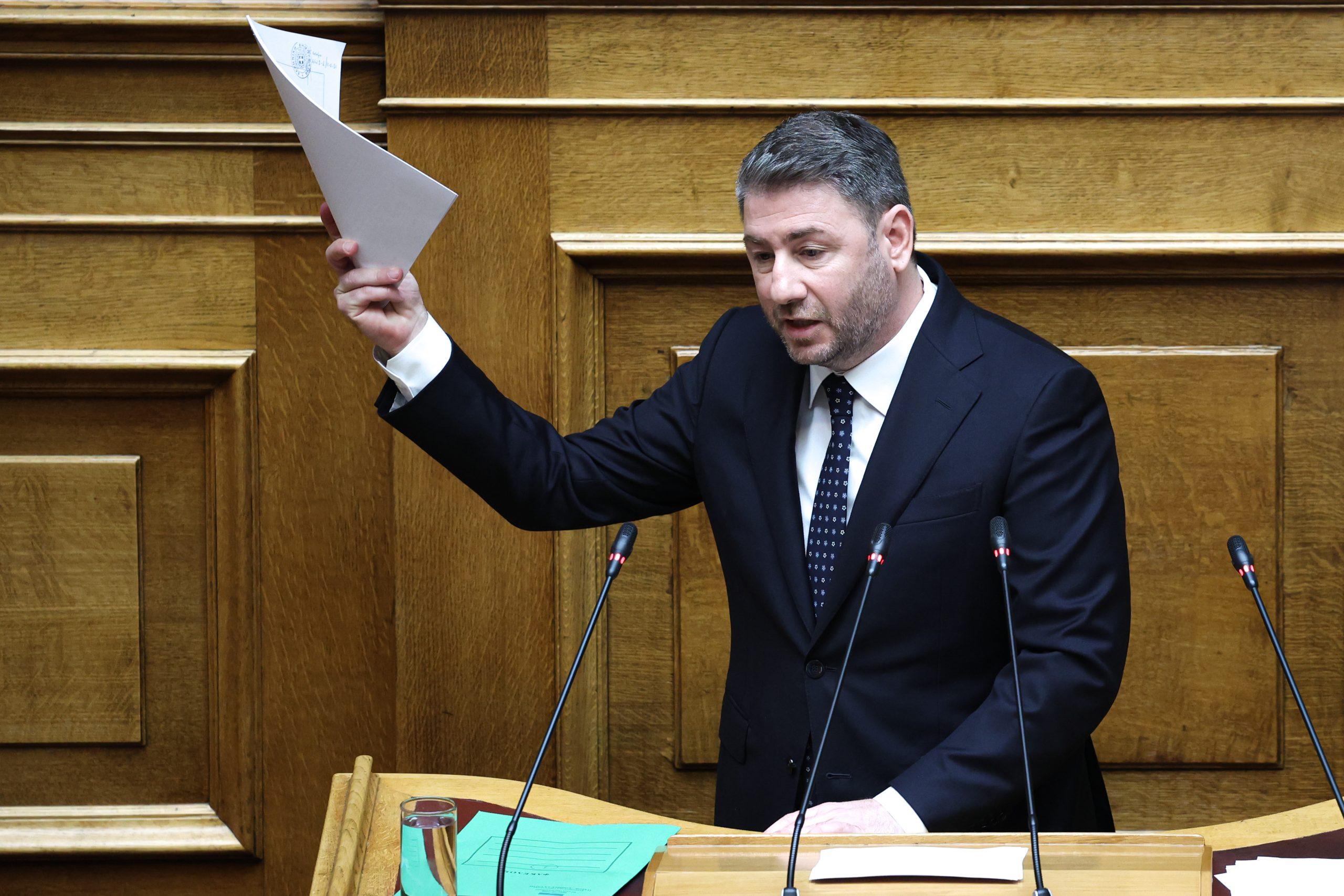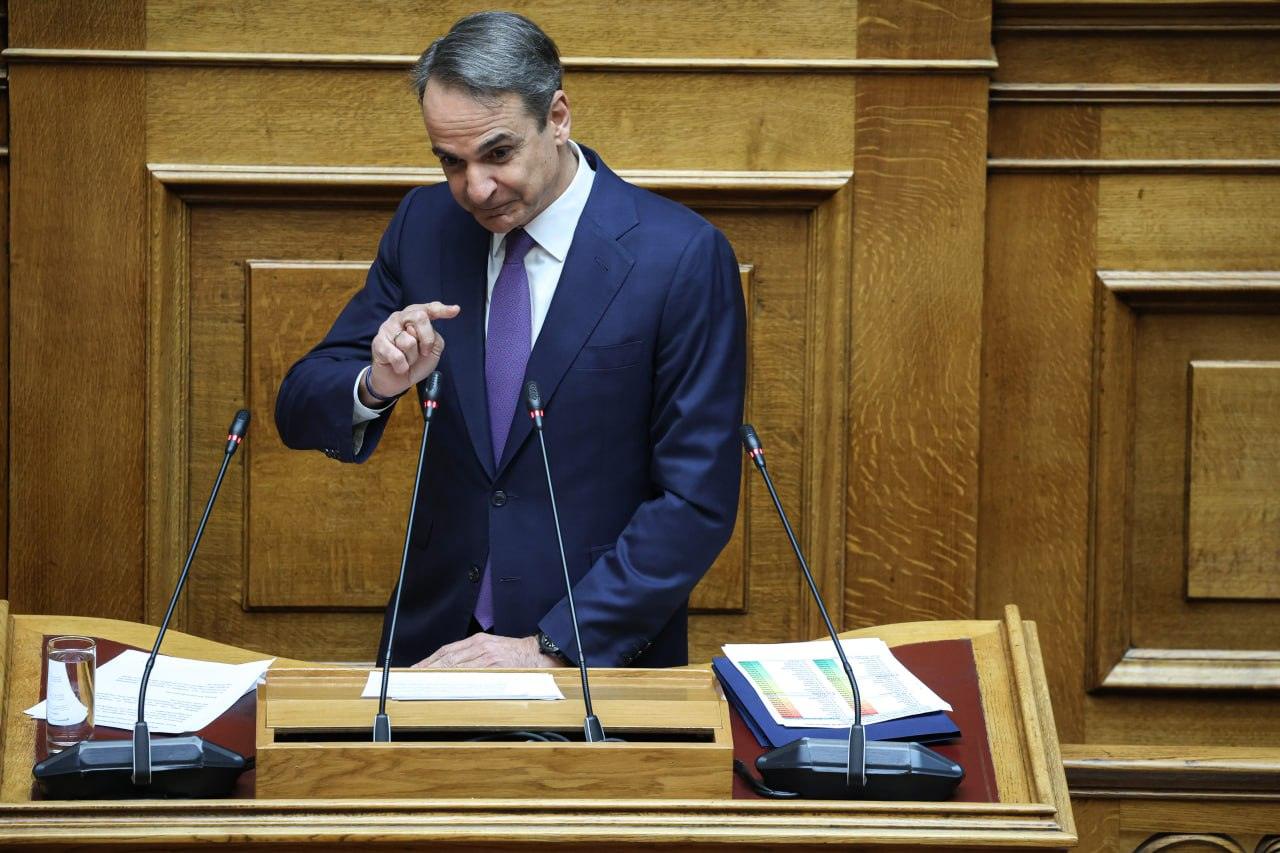Billionaire Tesla CEO Elon Musk is stepping down from his role in the Trump administration following a turbulent tenure at the helm of the Department of Government Efficiency (DOGE). A White House official confirmed late Wednesday that Musk’s “off-boarding” process would begin that night, according to Reuters.
Musk, who had been appointed as a special government employee, spearheaded efforts to slash federal spending and overhaul bureaucracy. His abrupt exit comes just one day after he publicly criticized President Donald Trump’s signature tax legislation, describing it as overly expensive and counterproductive to his work at DOGE.
The billionaire entrepreneur acknowledged his departure earlier Wednesday in a post on his social media platform X, where he thanked Trump as his 130-day mandate neared its end. According to sources, Musk did not speak directly with the president before announcing his exit. The decision was reportedly made at a senior staff level amid growing tensions within the administration.
Musk’s role in the administration was highly visible and often controversial. At February’s Conservative Political Action Conference, he drew headlines for dramatically wielding a red metallic chainsaw, declaring it a symbol of his mission to dismantle federal bureaucracy. He had promised to cut at least $2 trillion in federal spending, though DOGE has only claimed savings of $175 billion—a figure that remains unverified.
While initially welcomed by Trump’s inner circle for his aggressive style, Musk soon found himself at odds with several cabinet members, including Secretary of State Marco Rubio, Transportation Secretary Sean Duffy, and Treasury Secretary Scott Bessent. His public insults toward trade adviser Peter Navarro, whom he called “dumber than a sack of bricks,” further inflamed tensions.
Over time, some agency heads grew bolder in resisting Musk’s initiatives, particularly following Trump’s reminder in March that staffing authority ultimately lay with department secretaries, not Musk. His efforts to eliminate telework privileges—aimed at triggering voluntary resignations—also drew internal resistance.
Fallout Over Tax Bill
The tipping point for Musk’s departure appears to have been his criticism of Trump’s budget and tax bill during a televised interview. His remarks reportedly angered senior White House aides, prompting a flurry of calls to Republican senators to affirm the administration’s commitment to the legislation.
Despite his exit, Musk insisted in a recent interview that the mission of DOGE would persist. “The DOGE mission will only strengthen over time as it becomes a way of life throughout the government,” he said.
Still, the program faces mounting challenges. While DOGE claims to have trimmed the federal civilian workforce by nearly 12%—approximately 260,000 positions—its reforms have also caused staffing shortages, procurement delays, and a loss of technical talent. In several cases, courts have reversed DOGE-led agency closures.
Political and Corporate Repercussions
Musk’s tenure has drawn protests, particularly around his political activity and perceived threats to free speech. Critics have called his role an overreach of unelected authority, especially as he sought to restructure vast portions of the federal government.
His dual role as a government official and CEO of Tesla has also raised concerns among investors. With Tesla facing a decline in sales and stock performance, some shareholders have called for Musk to step back from politics and focus on his company.
Having spent nearly $300 million supporting Trump and Republican candidates last year, Musk recently signaled a withdrawal from political financing. “I think I’ve done enough,” he said at a forum in Qatar.
Source: tovima.com









































